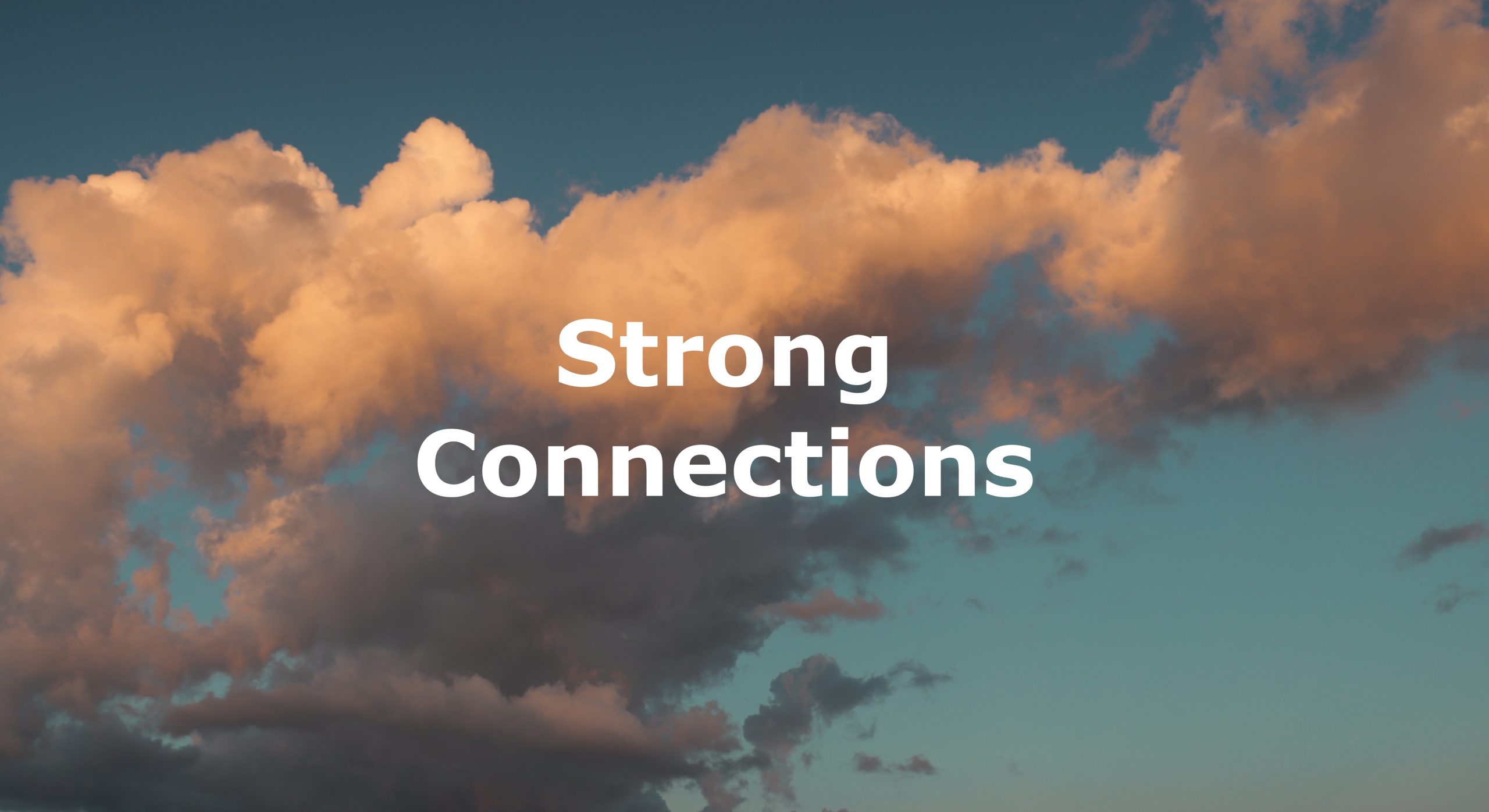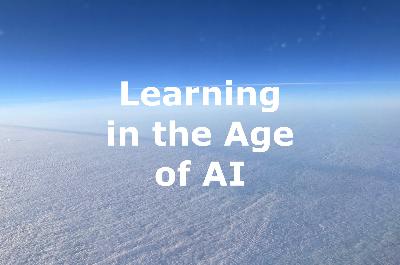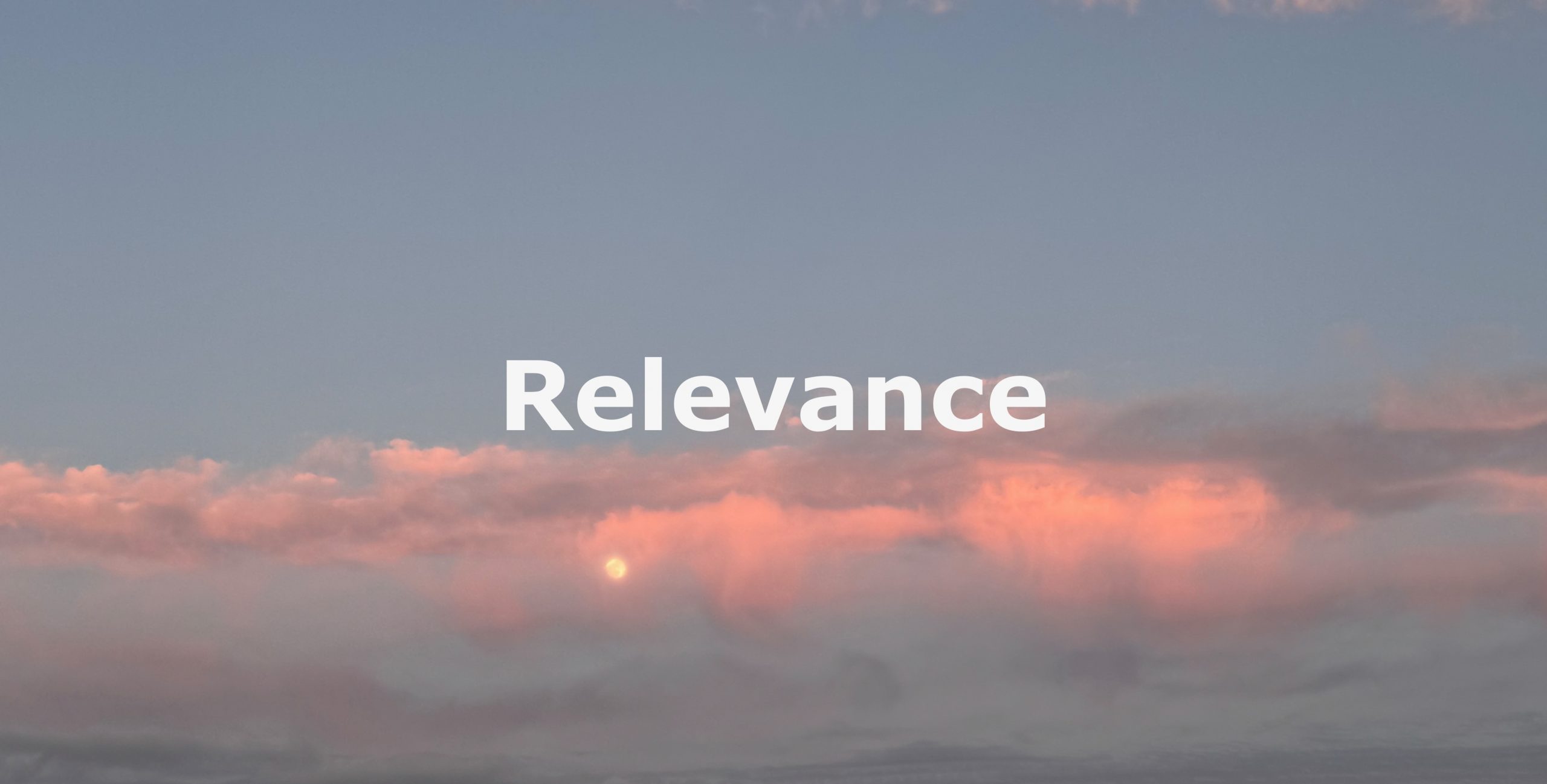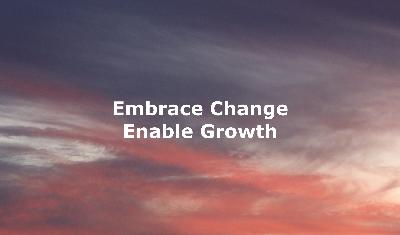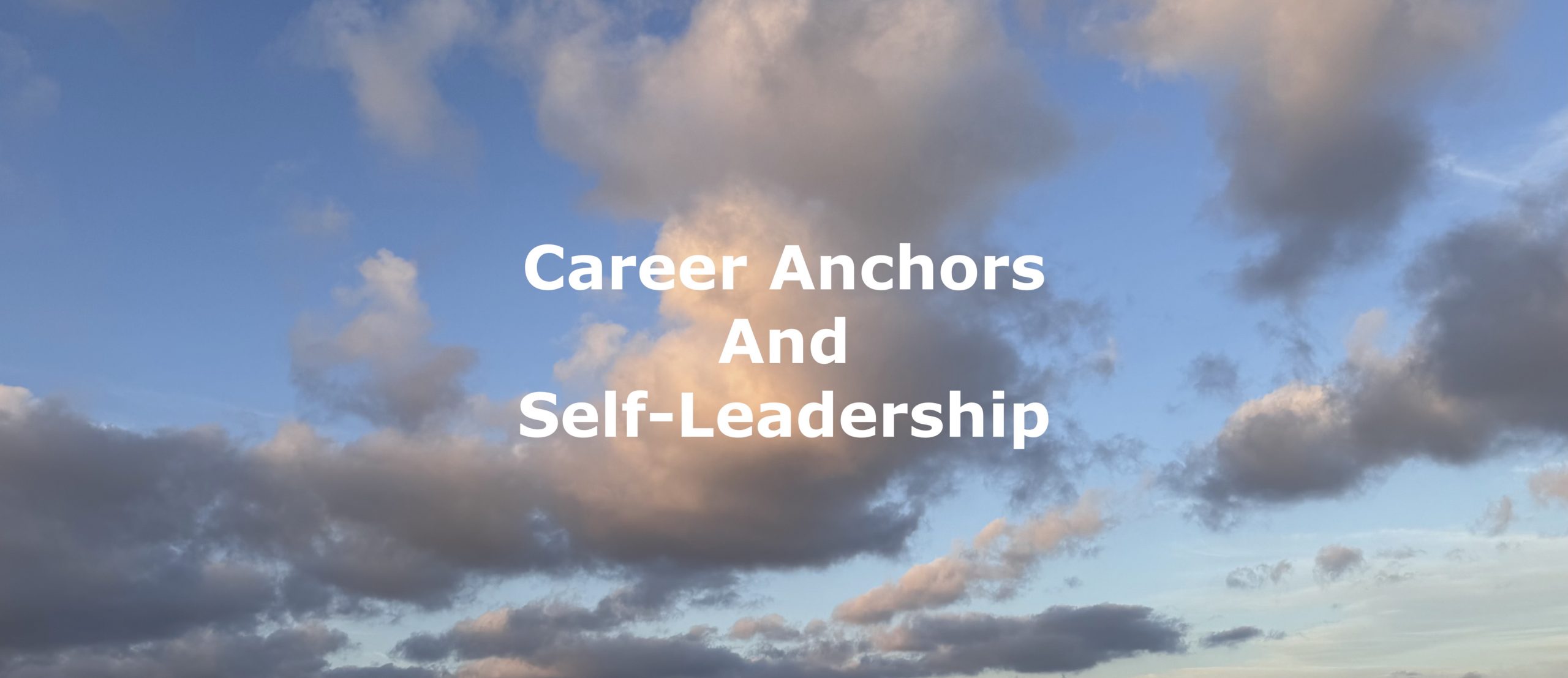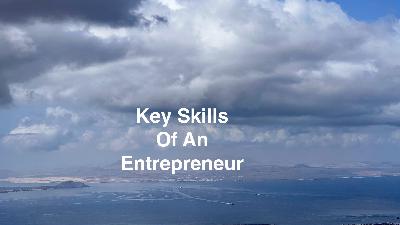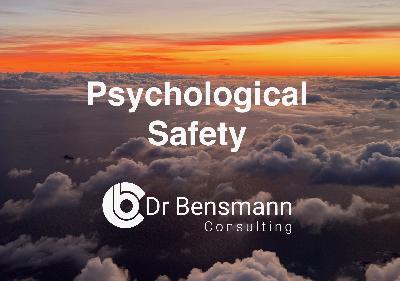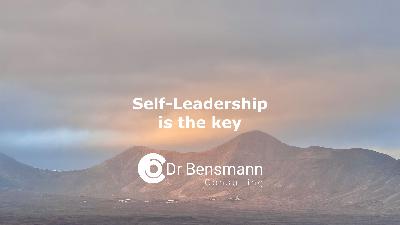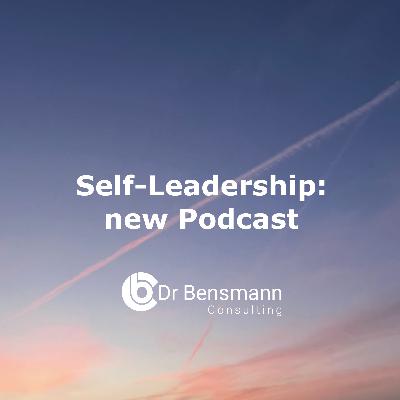SL015 Create Strong Connections
Description
The Fourth of the Seven Fields of Self-Leadership
Who are the people you can really count on?
Which relationships give you energy—and which quietly drain it?
Do you deliberately invest in your network, or do you just let it “happen”?
In this episode, we dive into the fourth field of my Seven Fields of Self-Leadership model: Coworkers, Partners, and Networks.
Welcome to a new episode of Self-Leadership with Dr. Bensmann, where we explore how mastering self-leadership helps you thrive across all areas of your life. My name is Burkhard Bensmann. As a consultant, executive coach, and professor, I focus on helping individuals navigate the complexities of leadership and personal growth.
Self-leadership is not isolation. It is about building meaningful, reliable, and energizing connections—while also learning to prune relationships that no longer serve your mission. We’ll explore three perspectives: coworkers, partners, and networks. Then I’ll share a set of practical mini-tools and reflections that you can try this week.
Part 1 – Coworkers: Respect, Roles, and Resilience
Let’s begin with coworkers—the people you spend hours, days, often years with.
The historian Yuval Noah Harari, in Homo Deus, argues that Homo sapiens conquered the world not because of superior intelligence or better tools, but because of our unique ability to cooperate flexibly in large groups. That skill is as relevant in your daily work life as it was for our species’ survival.
But effective collaboration doesn’t just “happen.” It requires:
- Mutual respect – seeing coworkers as partners, not just functions.
- Clarity of roles – avoiding the gray zones where friction builds up.
- Psychological safety – the freedom to voice ideas, challenge assumptions, and admit mistakes without fear.
Ask yourself:
- Do your coworkers feel they can speak openly with you?
- Do you yourself experience safety in your daily collaborations?
- Where are roles and expectations unclear—and what is the cost of that?
Peter Senge, who introduced the concept of the “learning organization,” emphasizes that sustainable organizations are built on open communication, shared visions, and collective learning. In that sense, a team is not a hierarchy of command and control—it is an ensemble, like a jazz band, where each player brings their own strengths while listening carefully to the others.
A well-led coworker relationship creates energy and resilience. It turns the daily grind into a space of shared learning. But if mutual respect and safety are missing, collaboration quickly becomes a drain on motivation. So here is the key message:
Your effectiveness as a leader is always linked to the effectiveness of your coworkers. Invest in those relationships deliberately, not just functionally.
Part 2 – Partners: Complementary Strengths and Trust
Now, let’s move to partners—whether business partners, project collaborators, or your closest personal relationships. No one creates lasting impact alone. Successful leaders know their own strengths, and—just as important—they know their blind spots. The most effective partnerships are those where complementary skills and qualities come together.
Think about it:
- Where are you strong, and where are you weak?
- Which of your current partners balance those weaknesses?
- And where do you still try to “do it all” yourself, even though someone else could do it better—or with more joy?
Partnerships, however, don’t run on autopilot. They require trust, reciprocity, and clarity.
Trust is built through reliability—doing what you say you will do.
Reciprocity means not keeping score, but ensuring that the flow of support goes both ways.
And clarity means being honest about roles, boundaries, and expectations.
From my interviews with leaders, I’ve heard a recurring regret: not clarifying expectations with their closest partners early enough—especially with co-founders or even life partners. Ambiguity creates frustration. Clarity creates freedom.
So, ask yourself:
Have you had the conversations that matter most?
Are the rules of engagement with your partners explicit—or just assumed?
Strong partnerships are not about dependency. They are about synergy. When complementary strengths come together with clarity and trust, the result is resilience—and often, surprising creativity.
Part 3 – Networks: Quality Over Quantity
Finally, let’s turn to networks. We live in a world that celebrates being connected everywhere, all the time. But more is not always better. In fact, in the digital age, the challenge is not access—it’s filtering. Effective networks are not built by collecting contacts like trophies. They are built by choosing relevance, by investing in depth over breadth.
Ask yourself:
- Which connections truly advance your mission?
- Which groups or platforms drain your attention without delivering value?
The author Cal Newport warns us about the “insidious” design of social media platforms. They are engineered to keep us hooked, convincing us that if we’re not constantly present, we’ll miss out. That’s why leaders must evaluate digital networking with a strict cost-benefit lens:
Does this platform, or this connection, actually help me succeed and flourish?
If not, it may be time to step back.
One executive I worked with found relief simply by setting time boundaries: he checks LinkedIn only once a day, at lunchtime. That simple limit preserved focus while still keeping him connected. But remember: networking is not just about what you take—it’s about what you give. True leaders share what they’ve learned, mentor others, and become reliable nodes in their networks. This is what creates long-term trust and reputation.
So ask yourself:
In your networks, are you mainly a consumer—or also a contributor?
Practical Mini-Tools
Here are three practices you can experiment with this week. Try them, and see what changes:
- Energy Balance Check
Write down five people who consistently energize you, and five who drain you.
Look for patterns. Are you spending too much time with the latter? Can you shift your attention toward those who lift you up? This is not about being selfish—it’s about managing your energy strategically. - Networking Diet
Just as you would with food, define healthy boundaries for networking.
Set fixed time slots for checking digital platforms. Replace endless scrolling with intentional connection. Think of it as moving from empty calories to nutritious meals. - Trust Signals
Reflect on whether you are sending the right signals to others.
Do you consistently demonstrate reliability?
Do you practice reciprocity—giving as well as taking?
Do you communicate respect, even in small interactions?
These micro-signals add up. They shape whether people see you as a trustworthy partner—or as someone to be avoided.
Final Reflections and Action
Let’s bring it together. Self-leadership is not self-optimization in isolation. It is about weaving yourself into a fabric of meaningful relationships—coworkers, partners, and networks—that amplify your strengths, challenge your assumptions, and safeguard your resilience. So, this week, I invite you to reflect on three questions:
- Which coworker relationship could benefit from more clarity or respect?
- Which partnership needs an honest conversation about roles and expectations?
- Which part of your network is worth pruning—so that space opens for relationships that truly matter?
Remember: networks don’t just expand your reach. They help you stay grounded, supported, and resilient in the long run.
And here’s the closing challenge:
What one relationship deserves your deliberate investment this week?
Strong connections are not built overnight. They are built through daily choices—through the way you show up, the clarity you create, and the respect you demonstrate.
That’s the essence of the fourth field of self-leadership: Coworkers, Partners, and Networks. If you found today’s episode valuable, share it with someone who should think about their Coworkers, Partners or Networks.
And if you are looking for active support, contact me through my website or by email to bb@bensmann-consulting.com and inquire about a Deep Dive Session.
Music Into & Outro by Joakim Karud http://soundcloud.com/joakimkarud
The post SL015 Create Strong Connections appeared first on Bensmann Consulting.

